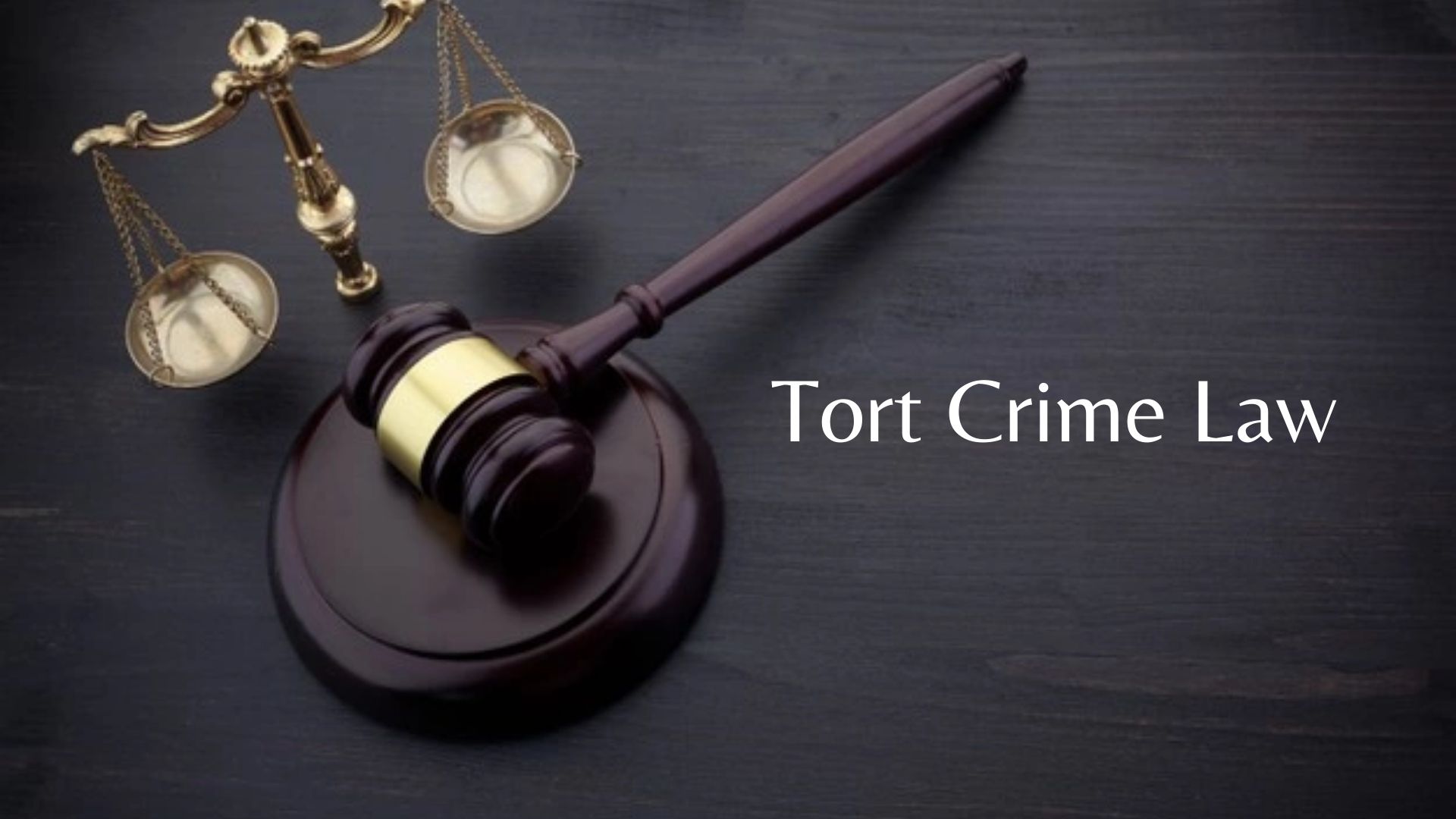
Tort Crime law is a civil law wrong. It occurs when someone commits a wrong against some other person. The injured party can also sue the culprit to recover the damages.
In some cases, the person committing the tort has no intent to do the wrong, yet he is liable to compensate for the harm/loss.
For example, if a person enters a private property without the consent of the owner, he is chargeable for the tort of trespass even though the person may not be aware that he is in someone else’s property.
In other cases, there must be intent. It is necessary for the claimant to show that the defendant intended to cause harm. The motive is irrelevant if there’s no evidence to show the existence of intent.
What is the difference between Tort and Crime?
Crime is a wrongful act that injures or interferes with the interests of society, while a tort is a violation of an individual’s well being or property. Crime is illegal and results in a fine or jail sentence. Tort charges are filed by a party seeking redressal and will ask for monetary compensation. Sometimes a wrongful act may be both a criminal and a tort case.
What are the different types of Torts?
Torts can be identified in three ways-
- Intentional Torts: This type of tort occurs when an individual intentionally commits a wrongful act causing harm to another individual. It is required to prove that the defendant committed the tort on purpose.
- Negligence Torts: Negligence is the most common of tort cases. Negligence occurs when a person responsible for committing a wrong is careless, and therefore responsible for the harm caused by his carelessness.
- Strict Liability Torts: In this tort case, the focus shifts from the individual committing the tort to the act or incident itself. In other words, strict liability cases do not take the intent or even negligence into consideration. What matters is the action and the resulting damages that occurred.
What are the remedies for Tort Law?
The law recognizes torts as civil wrongs and allows injured parties to recover for their losses. Depending upon the nature of the tort case, different remedies will apply.
The three types of remedies in tort law are –
- Legal Remedies: It is meant to compensate the victims for any damages, injuries, losses, or pain and suffering caused by the tort.
- Restitutionary Remedies: Where the defendant has been unjustly enriched, the court may award damages based on the benefit to the defendant.
- Equitable remedies: These are available where monetary compensation will not adequately restore the victim to wholeness. These can include a temporary restraining order that prohibits the defendant from any unlawful activity.
What are the different types of Damages for Tort Law?
- Contemptuous Damage: The amount of money awarded by the court, in this case, is minimal to show the court’s disapproval of the case. The plaintiff himself is at some fault and cannot be fully aggrieved.
- Nominal Damage: Nominal damages are those in which the plaintiff has suffered a legal injury, yet there’s no actual loss suffered by him.
- Compensatory Damage: This is awarded to help the plaintiff to reimburse the actual damages such as lost income, medical expenses, pain, and suffering. This amount of money is equivalent to the actual damage/loss caused to the plaintiff.
- Aggravated Damage: These damages are awarded when the conduct of the defendant increases the injury of the claimant, subjecting him to embarrassment, humiliation, or distress.
- Substantial Damage: Substantial damage is the sum awarded for compensating considerable injury/loss.
- Punitive Damages: The main purpose of these damages is to punish a tortfeasor to set an example so others are discouraged from committing the same act as he did.

Leave a Reply